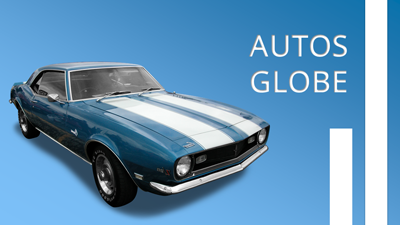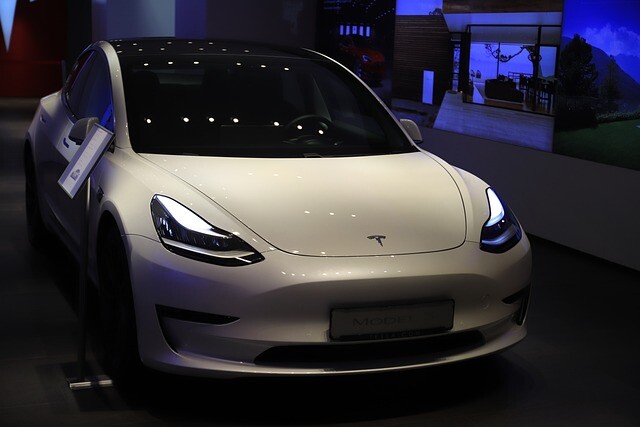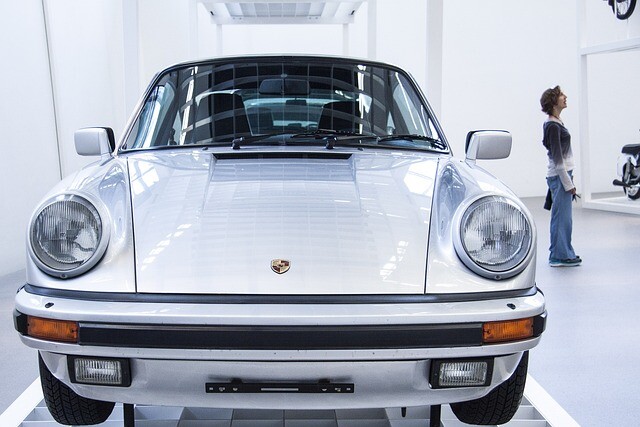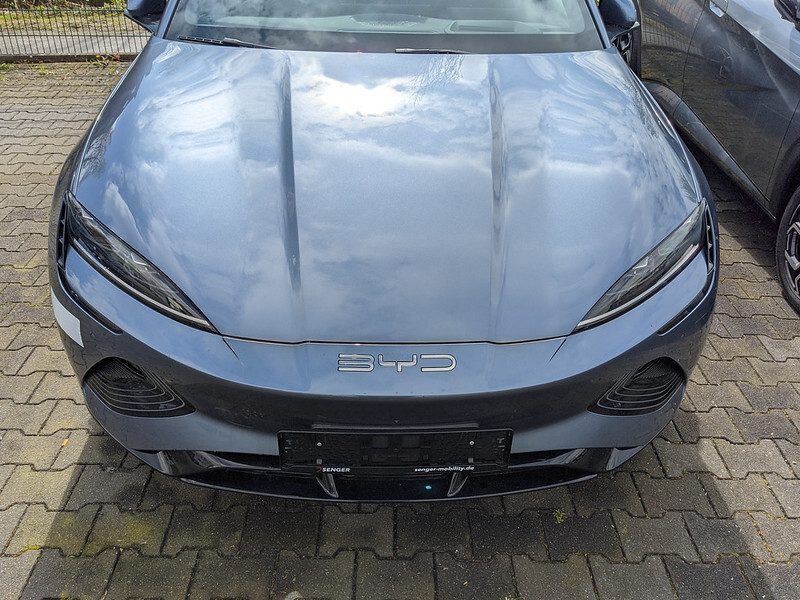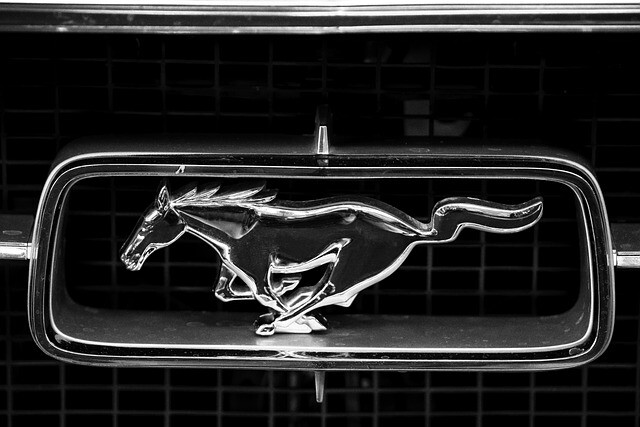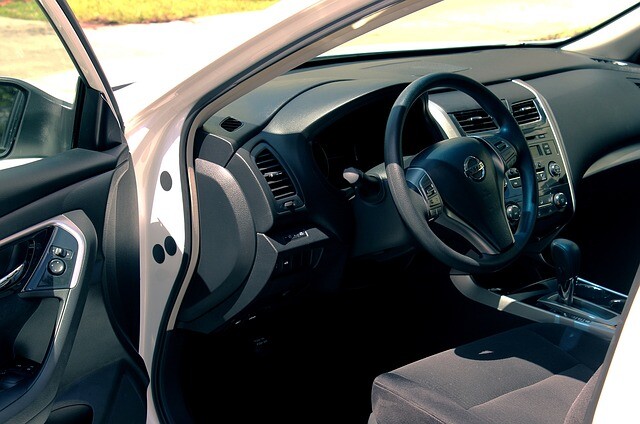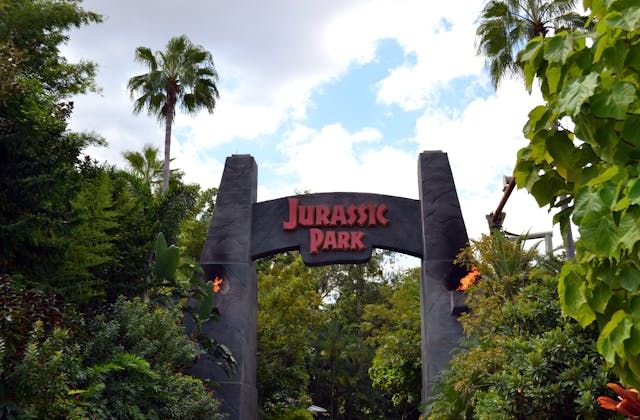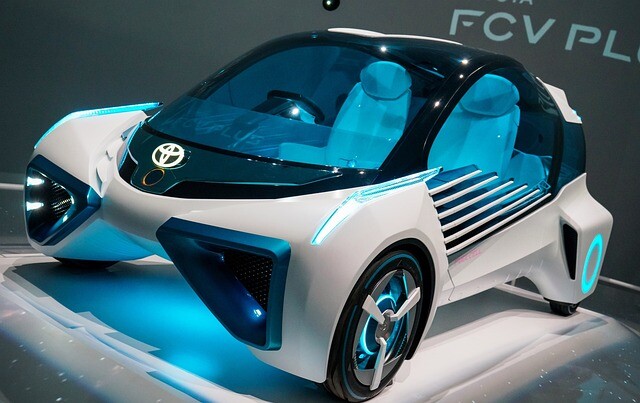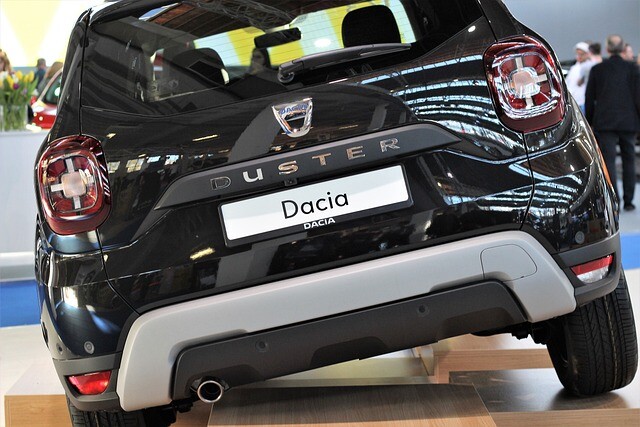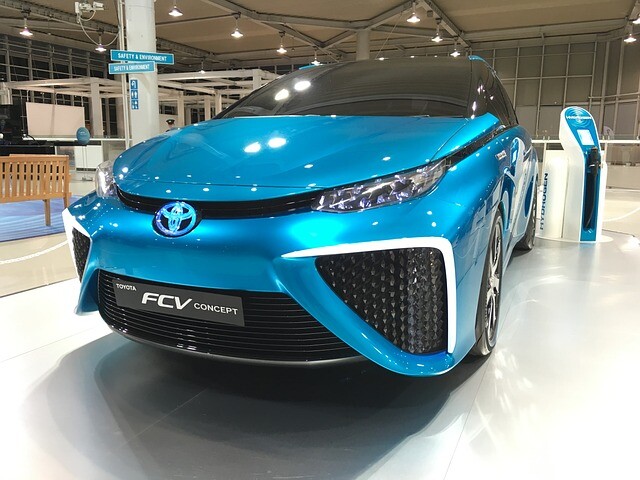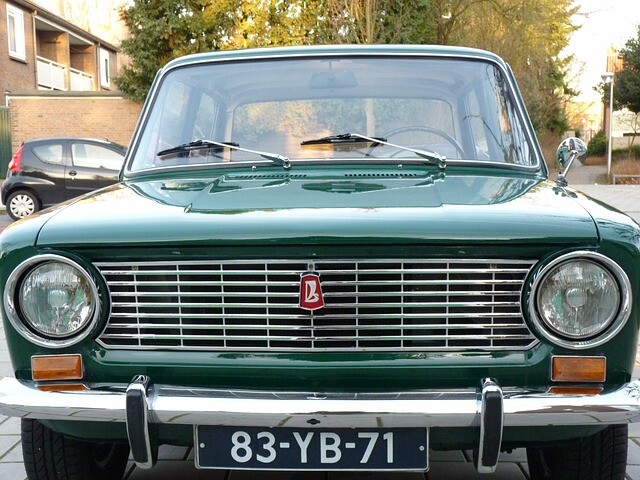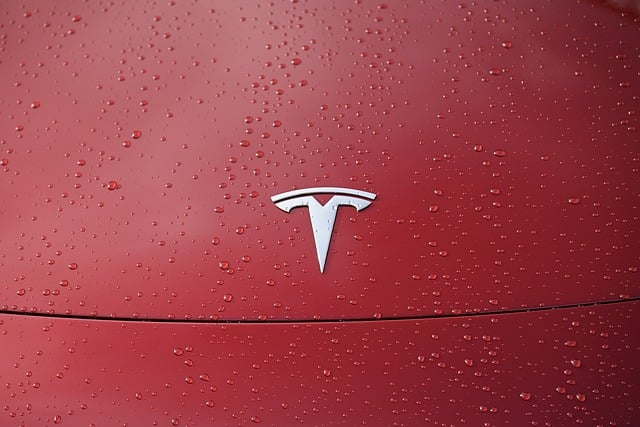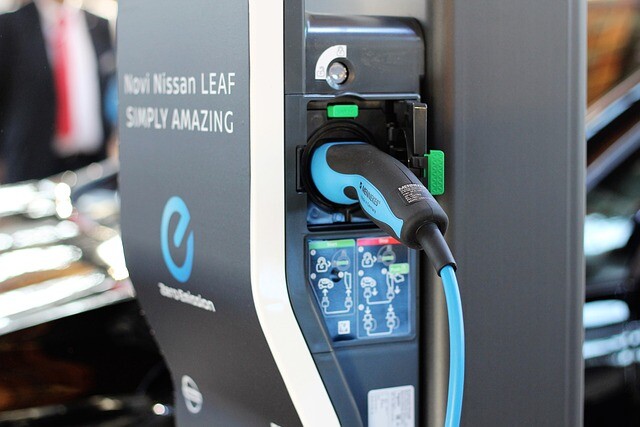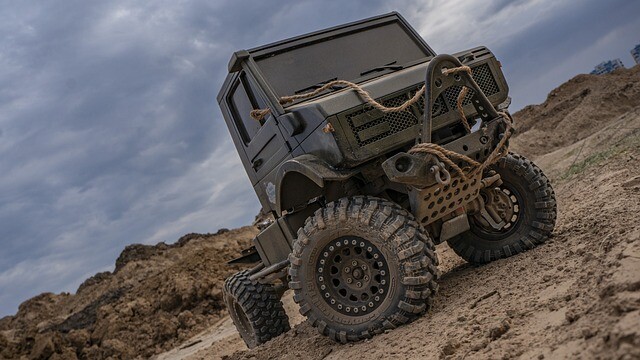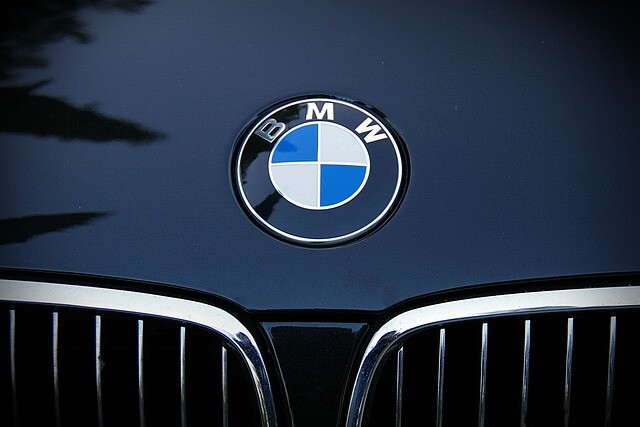Increases production of electric vehicles and makes it completely emission-neutral by 2035 Ford
Ford will increase production of electric cars, expand its model range and make its European operations completely emission-neutral by 2035, and build battery plants in Turkey and Cologne, Germany, Stuart Rowley, president of Ford of Europe, announced at an online press conference on Monday.
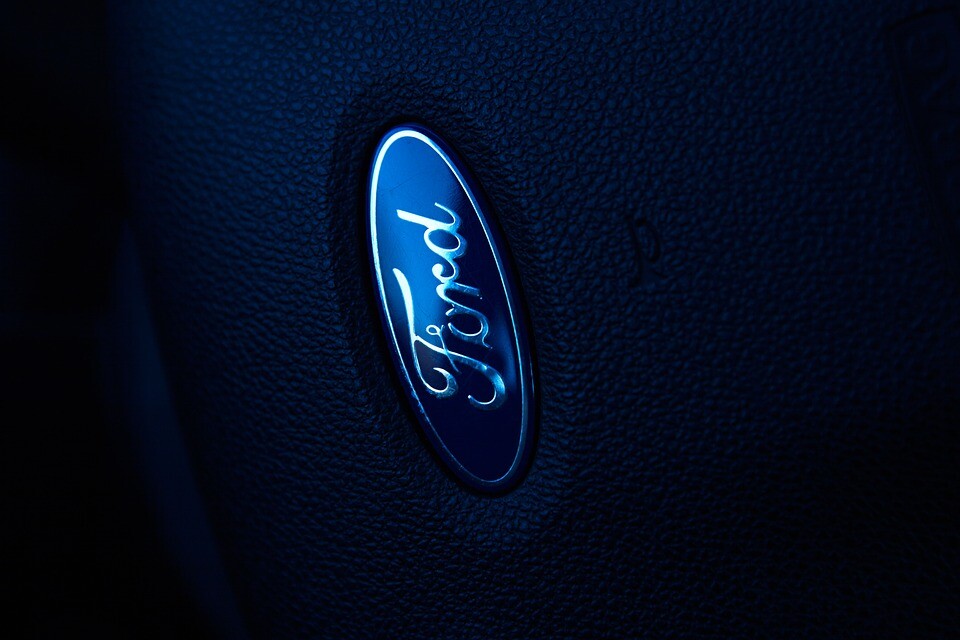
He said Ford will introduce three new electric cars and four new electric commercial vehicles in Europe by 2024; It aims to sell more than 600,000 electric vehicles in the region by 2026, with an EBIT margin of 6 percent by 2023. The global goal is to produce more than 2 million electric vehicles per year by 2026 and achieve an adjusted EBIT margin of 10 percent
He also announced that an investment of $ 2 billion in Cologne, Germany, is expected to produce 1.2 million electric vehicles in six years. Ford is building one of Europe’s largest commercial vehicle battery plants in Turkey and increasing production of electric cars at its Romanian plant, which will be controlled by Turkish Ford Otosan JV.
Ford plans to achieve carbon neutrality by 2035 in all vehicle sales activities, the operation of European facilities, logistics activities, and the overall emissions footprint of its suppliers.
From 2023, Ford will begin production of a completely new electric passenger car, a mid-range crossover, in Cologne, and in 2024, a second electric vehicle will expand production in Cologne. In addition, Ford of Europe's best-selling passenger car, the Ford Puma, will be available from 2024 in the electric version produced in Craiova, Romania.
Ford's iconic Transit family, Europe's best-selling commercial vehicle brand, will be expanded with four new electric vehicles: the all-new Transit Custom one-tonne van and Tourneo Custom multi-purpose vehicle in 2023, and the smaller next-generation Transit Courier van and Tourneo Courier multi-purpose vehicle in 2024 -in.
The first mass-produced, purely electric passenger car at Ford’s electrification center in Cologne will be a five-seater, mid-size crossover. In 2021, sporty commercial vehicles and crossovers accounted for 58 percent of all Ford passenger cars sold on the continent, an increase of nearly 20 percentage points compared to 2020. The purely electric crossover and its name will be introduced during 2022, with production starting in 2023. With the second fully electric car at the Cologne electrification center - a sporty crossover - the plant’s electric vehicle production will rise to 1.2 million in six years. Investment in new electric cars in Cologne is expected to be $ 2 billion. The investment also includes a new battery assembly plant, which is scheduled to become operational in 2024.
To support Ford's ambitious vehicle electrification plans, Ford, SK On Co., Ltd. and Koç Holding have signed a non-binding letter of intent to set up a new joint venture in Turkey to be at the forefront of the industry. Subject to a final agreement, the three partners plan to set up one of the largest EV battery plants in the wider European region. The plant will be built near Ankara and will produce NMC cells that will be assembled into battery modules. Production is scheduled to begin by the middle of the decade and annual capacity is likely to be between 30 and 45 gigawatt hours.
And Ford's plant in Craiova, Romania, will play a significant role in increasing European production of electric and commercial vehicles. To this end, Ford Otosan will take ownership of the Craiova plant and manufacturing operations, subject to regulatory approval. The joint venture between Ford Otosan, Ford Motor Company and Koç Holding is one of the oldest and most successful joint ventures in the global automotive industry. “Ford Craiova is now a strong success story and we believe that Ford Otosan’s experience and expertise in electrification and commercial vehicles can take it to an even higher level,” Rowley said.
(Source: autokalauz.co.hu; MTI | Image: pixabay.com)
